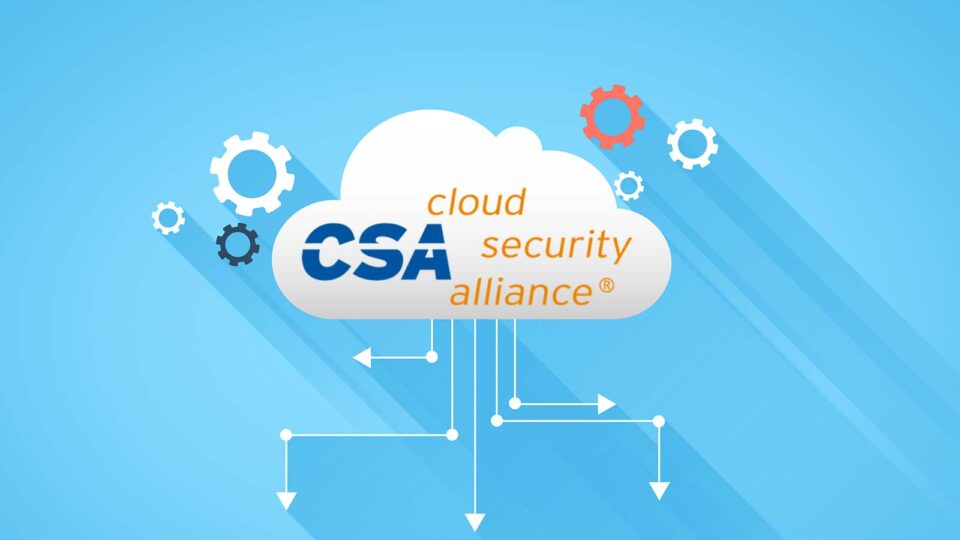Paper offers recommendations for choosing, planning, and deploying cloud-native key management systems when organizations want to or must import key material
The Cloud Security Alliance (CSA), the world’s leading organization dedicated to defining standards, certifications, and best practices to help ensure a secure cloud computing environment, released Cloud Key Management System with External Origin Key. Written by the Cloud Key Management Working Group to help organizations optimize such business outcomes as security, agility, cost, and compliance, the paper provides general guidance for choosing, planning, and deploying cloud-native key management systems (KMS) in cases where organizations either want to or must import key material (e.g., keys, vaults, secrets, policies) from an external source.
“It’s our hope that after reading this document, program and project managers who have been tasked with leading their organization through the selection, planning, and deployment stages of cloud-native KMS using EKO will be able map considerations to their organization.”
“A cloud service provider’s KMS often has strong ties to its other cloud services, and this same cloud-native KMS using EKO can be used with a customer’s on-premises technologies and cloud services from other providers. Unsurprisingly, integrating a cloud KMS with an organization’s assets spanning traditional private data centers, as well as private and public cloud services in various geographic locations presents a host of challenges,” said Paul Rich, co-chair of the Cloud Key Management Working Group and one of the paper’s authors. “It’s our hope that after reading this document, program and project managers who have been tasked with leading their organization through the selection, planning, and deployment stages of cloud-native KMS using EKO will be able map considerations to their organization.”
ITech Networking News: SaskTel Advances Partnership With Wireless Digital Transformation Leader eleven-x to Enable Smart City Initiatives Across the Province
The guidance addresses the technical, operational, legal, regulatory, and financial aspects of leveraging a cloud-native KMS using external key origin (EKO) for each of the three stages of the lifecycle (choosing, planning, and deploying). Each aspect is broken down into further considerations and their accompanying justifications. Because cloud-native key management systems using EKO are relatively new, there isn’t a large repository of best practices from which to draw. This guidance, therefore, combines best practices drawn from experience with traditional key management systems, cloud services in general, and cloud-native key management systems.
Recommended ITech News: Informatica Announces New Cloud Integration to Democratize Access to Delta Lake on Databricks
For further reading, Key Management in Cloud Services: Understanding Encryption’s Desired Outcomes and Limitations provides the foundation for the choice of cloud KMS pattern and general guidance for using KMS whether the KMS is native to a cloud platform, external, self-operated, or yet another cloud service. Additionally, Recommendations for Adopting a Cloud-Native Key Management System provides more specific guidance for choosing, planning, and deploying cloud-native key management systems.

The Cloud Key Management Working Group aims to facilitate the standards for seamless integration between cloud service providers and key broker services. Those interested in participating in future research and initiatives involving cloud key management are invited to join the working group.
Recommended ITech News: Lightspin Research Team Discovers Cross-Account Access Vulnerability on AWS SageMaker Jupiter Notebook Instance
[To share your insights with us, please write to sghosh@martechseries.com]


